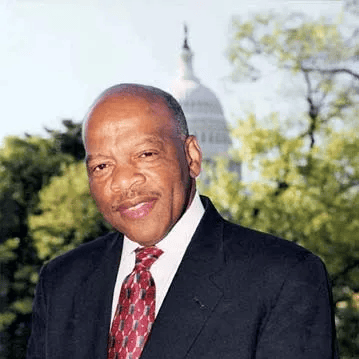Established in 2021, the prize is offered annually to recognize a historian for leadership and sustained engagement at the intersection of historical work, public culture, and social justice. The prize was established with an endowment gift from the Agentives Fund.
The current prize amount is $1,000.
Eligibility
Nominations will be accepted for individuals and collaborative groups. Nominees may include professional historians whose accomplishments exemplify the value of professional historical work to public culture and social justice.
Application Process
Log into your MY AHA account at historians.org/myaha and click “Available Application Forms” in the AHA Awards, Grants, and Jobs section. If you don’t have an account, create one for free at historians.org/createaccount. If nominating someone else, select the Nominate button and search for the nominee’s existing record or create a new record. (For a group nomination, select one person to be the main nominee and include other names later.)
- Fill in the application form, which includes the nominee’s contact information and the names of additional nominees (if group nomination).
- Upload an Application Packet as a single PDF. Include the following document:
- Nomination letter describing the individual’s or group’s contribution to social justice and public culture through historical work
- One additional letter of support
- CV (up to 10 pages) or link to equivalent web-based documentation (in case of group, maximum of 5 pages for each nominee)
Nominations not selected in previous years may be resubmitted with updates.
Please Note: The competition will open in mid-March. Entries must be received by May 15, 2025, to be eligible for the 2025 competition. Entries will not be returned. Recipients will be announced on the AHA website in October 2025 and recognized during a ceremony at the January 2026 AHA annual meeting in Chicago.
For questions, please contact the Prize Administrator.

John Lewis
The prize is named in memory of John Lewis (1940–2020), the civil rights leader who represented Georgia with grace and distinction in the United States House of Representatives for 34 years. All of us, insisted Lewis, must “study and learn the lessons of history because humanity has been involved in this soul-wrenching, existential struggle for a very long time.”
Past Recipients
Current Recipient
James N. Gregory, University of Washington
James N. Gregory’s scholarship in labor and migration history, his prolific public history work, his co-founding of the Civil Rights and Labor History Consortium, and his nearly 20 years of leadership in building out this latter project have helped to illustrate the kinds of profoundly productive connections possible for scholars to make among historical inquiry, civil society, and public policy. In one of the signal accomplishments of his work, Gregory’s leadership in documenting the scope and impact of racial covenants and discriminatory housing practices in the Pacific Northwest helped lead to legislation in Washington state aimed at compensating victims of racist housing policies and customs in the region. His work demonstrates how a historian can inform a public debate and enter it with a researcher’s tools and insights. Gregory’s scholarship, teaching, public history, and deep public engagement in important urban and national policy questions highlight how rigorous history and its powerful presentation can help lead to justice.